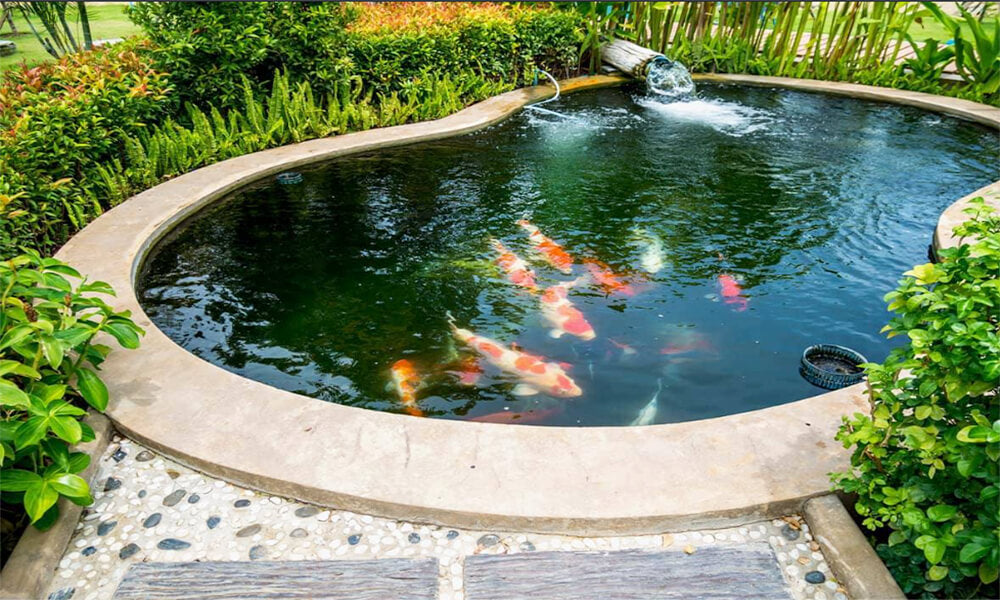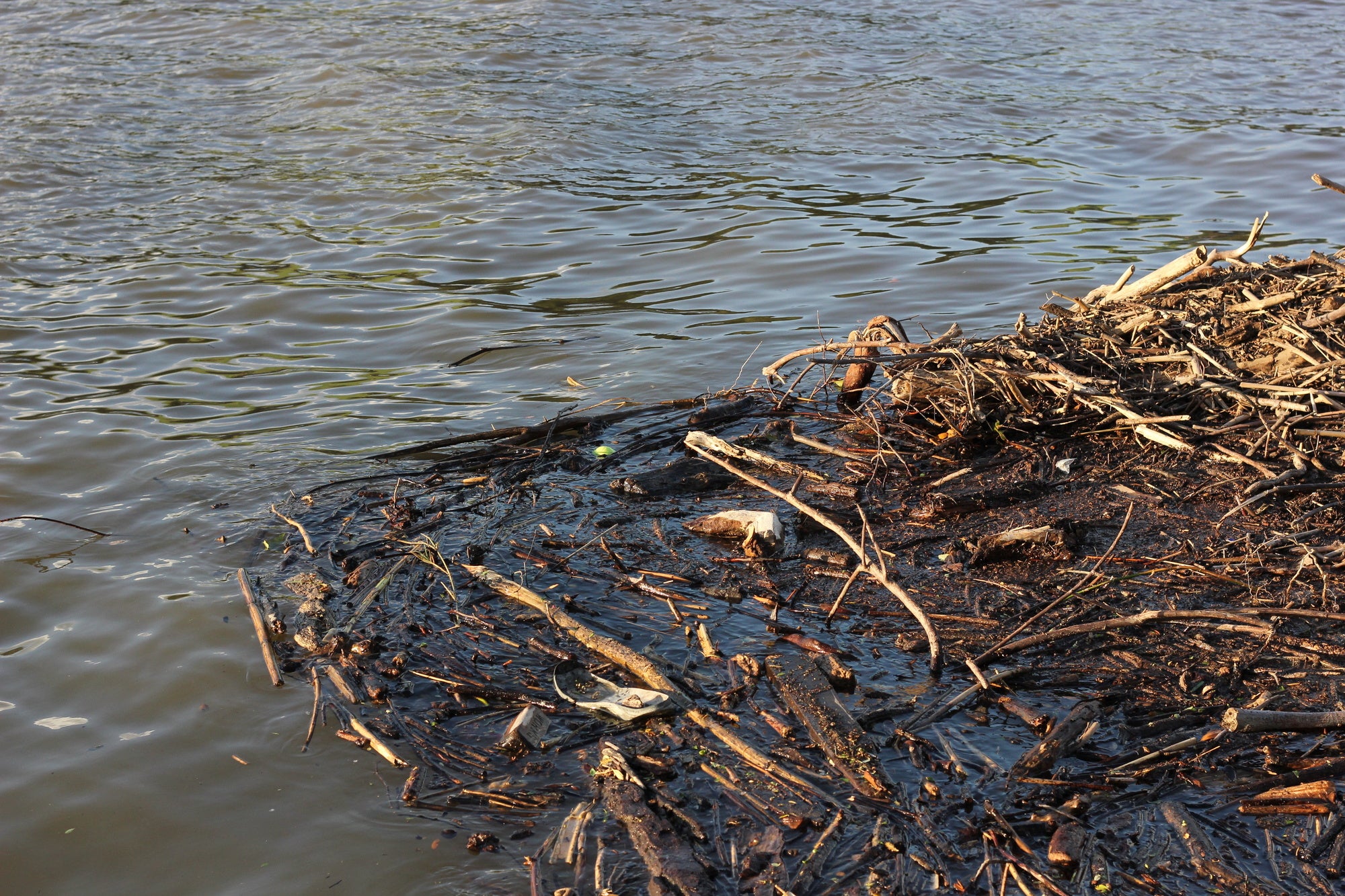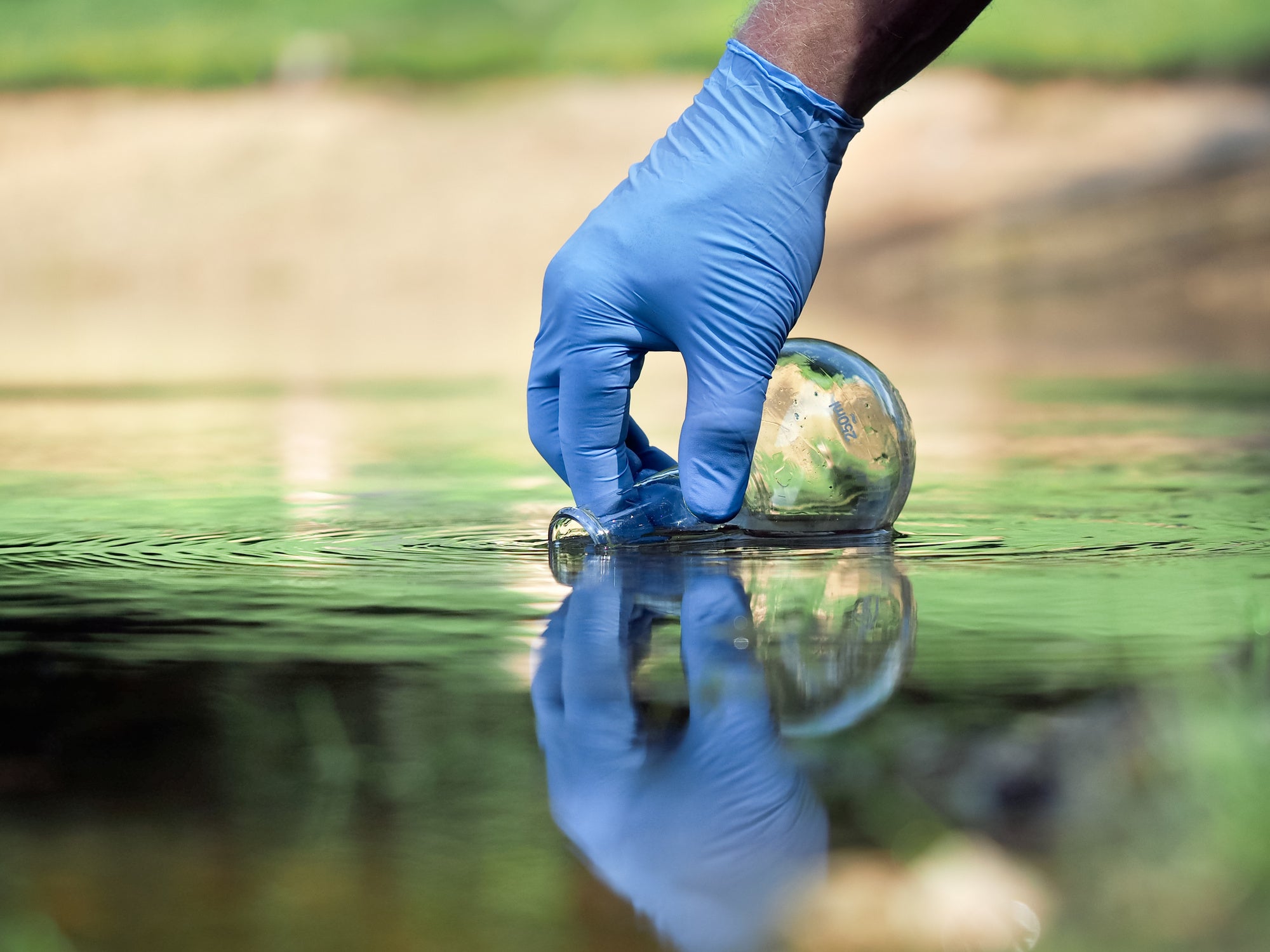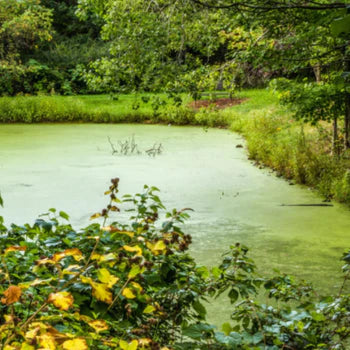POND CLEANUP RESOURCES
-
-
Beneficial Bacteria
Without proper aeration, ponds may develop unpleasant conditions such as algae, muck, and foul smells, as well as become a breeding ground for mosquitoes. We have products that can help with each of those problems! Below we have questions past customers have asked and blogs regarding pond cleanup!
FAQ
1. I got an aerator, and still have algae and muck what do I do?
Sometimes when a pond is in bad shape (lots of muck and algae), it takes time for it to become healthy. A properly installed aerator will greatly improve water quality over time. To speed this process up we suggestPond BoostorMuck Assault. These beneficial bacterias can help transform your pond.
2. What is the main cause for muck in ponds?
Muck is caused from dying or decaying organics such as dead algae, twigs, grass clippings, fish waste, leaves, etc. An aeration system will circulate and disrupt the algae spores towards deeper pond areas. This means that time is decreased when they are exposed to sunlight, giving them less time to grow.
3. Will Aeration help with pond smell?
The main cause of foul pond smell is usually because it lacks water aeration, if your pond has a rotten egg smell this is very likely caused by a buildup of hydrogen sulfide gas. It is usually an early indication that there is an imbalance in the pond ecosystem. An aerator will oxygenate and circulate the water reducing the foul odors greatly.
4. How do I reduce mosquitoes by my pond?
As mosquitoes need still water to breed and lay their eggs a pond is the ideal breeding ground for them. An aerator is a natural solution for mosquito control by creating a constant flow of water in a pond, the mosquitoes are not able to breed. A secondary benefit of the aerator in this aspect is that oxygenated water will help your fish to thrive and produce more fish to eat any larvae still present on the water surface.
5. How to remove sediment at the bottom of your pond?
When oxygen levels are low organic matter takes longer to decompose this accumulation of bottom sediment in your pond will result in it having to be dredged. The circulation and oxygenation provided by proper aeration will reduce this accumulation of sediment by allowing it to decompose faster. This should prolong or prevent a need for dredging your pond.



